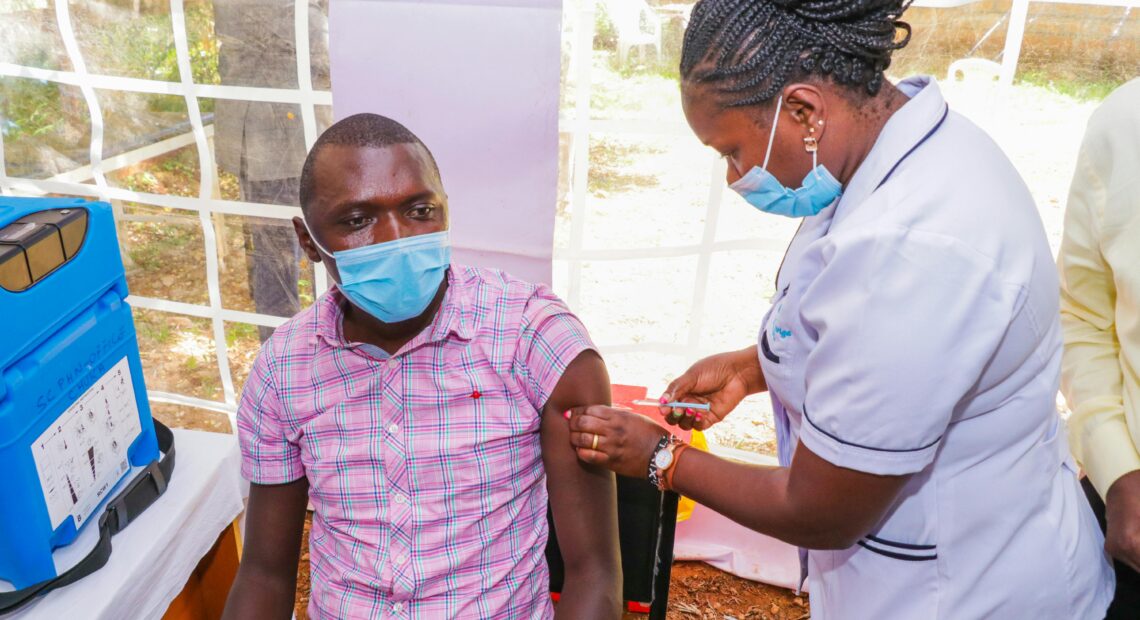WHO: Multi-country outbreak of mpox continues

In DRC, Burundi, and Uganda
The World Health Organization (WHO) has reported that the outbreak of clade Ib monkeypox virus (MPXV) continues to be concentrated in the Democratic Republic of the Congo (DRC), Burundi, and Uganda.
According to the latest External Situation Report from the WHO, which covers November 24, 2024, to January 5, 2025, new travel-related cases have been identified in countries previously unaffected by the virus.
The DRC remains the most severely impacted, with both subclades of clade I MPXV circulating. Despite reports of stable trends in some provinces, the situation remains concerning due to the high level of viral circulation.
Both Burundi and Uganda have reported between 100 and 200 new cases of mpox per week, although the trend appears to have plateaued. This plateau could be linked to a decline in surveillance and reporting over the festive season in December.
Uganda, in particular, has reported six additional deaths since the last update in December 2024, bringing the total number of deaths among confirmed cases in the country to 12.
In addition to the continued spread in Central Africa, travel-related cases of mpox have been identified in several other countries, raising concerns about undetected transmission. A case of mpox linked to travel from an affected country was reported in Germany, where secondary household transmission occurred.
Furthermore, clade Ib MPXV has also been detected in Belgium, China, and France, all connected to travel from Central African nations. Kosovo has reported its first mpox case, though the specific clade involved remains unknown.
According to the WHO, the ongoing outbreak highlights the importance of strengthened surveillance. Undetected transmission in previously unaffected regions could increase the risk of a broader international spread.
As new cases emerge in affected countries and beyond, timely reporting and enhanced global monitoring are urgently needed to control the situation and prevent further cases.
Image: In addition to the continued spread in Central Africa, travel-related cases of mpox have been identified in several other countries, raising concerns about undetected transmission. Credit: Denis Ngai













